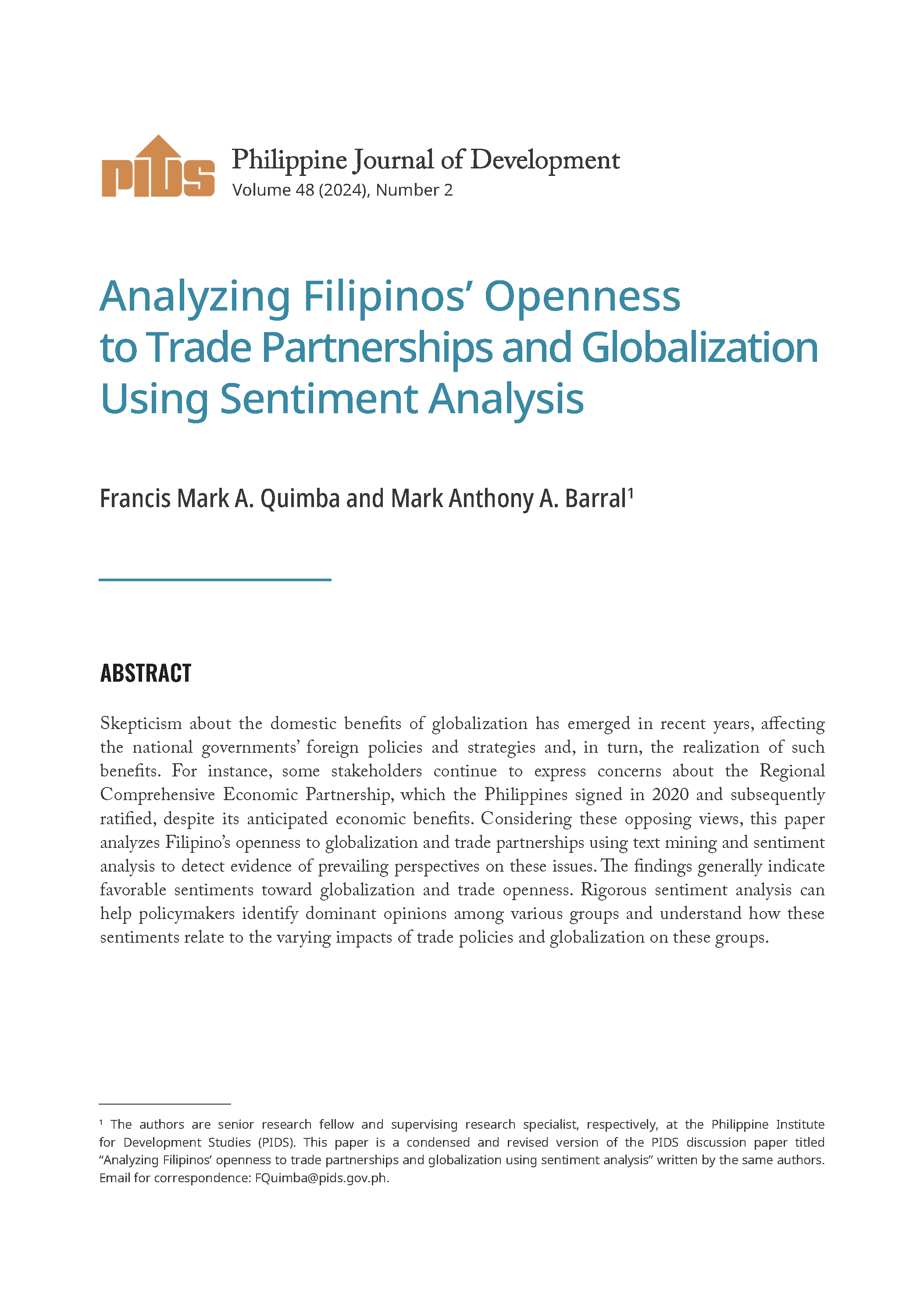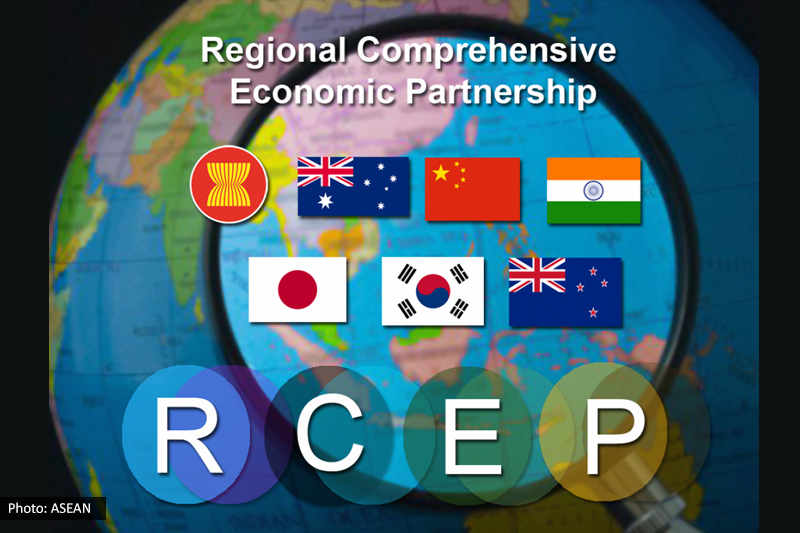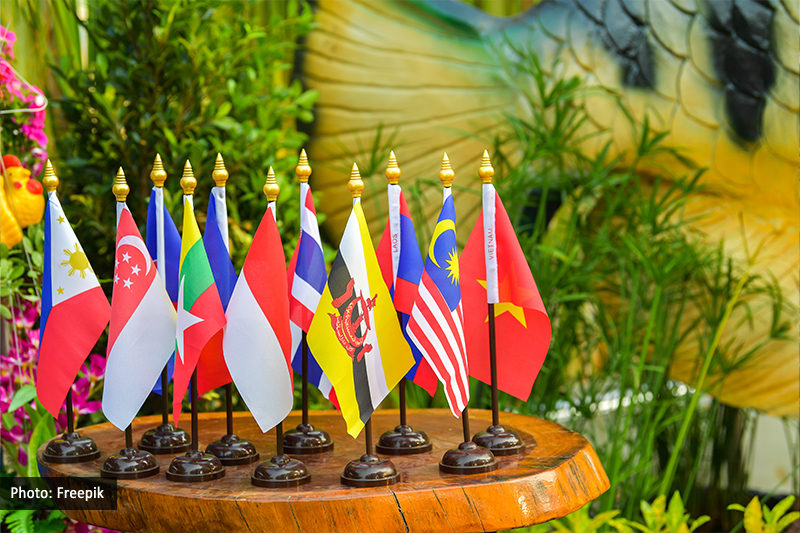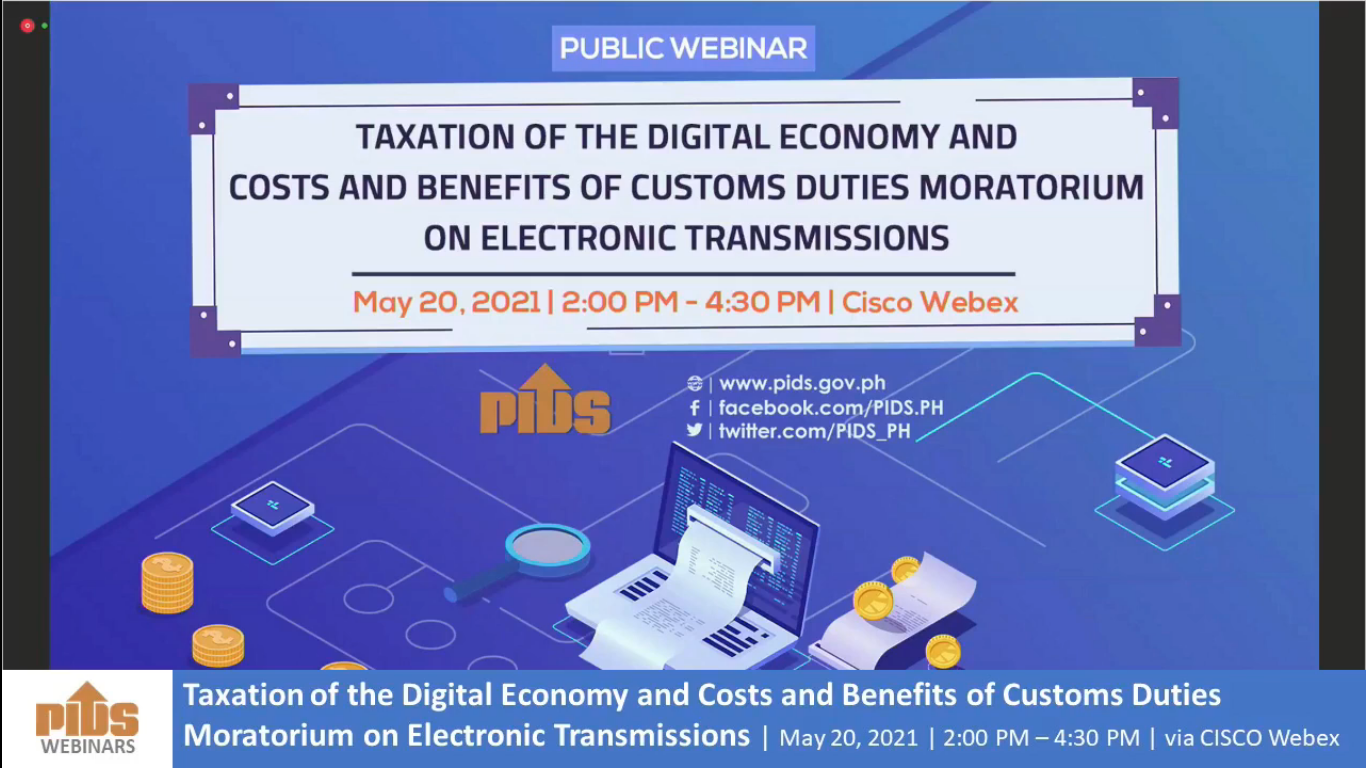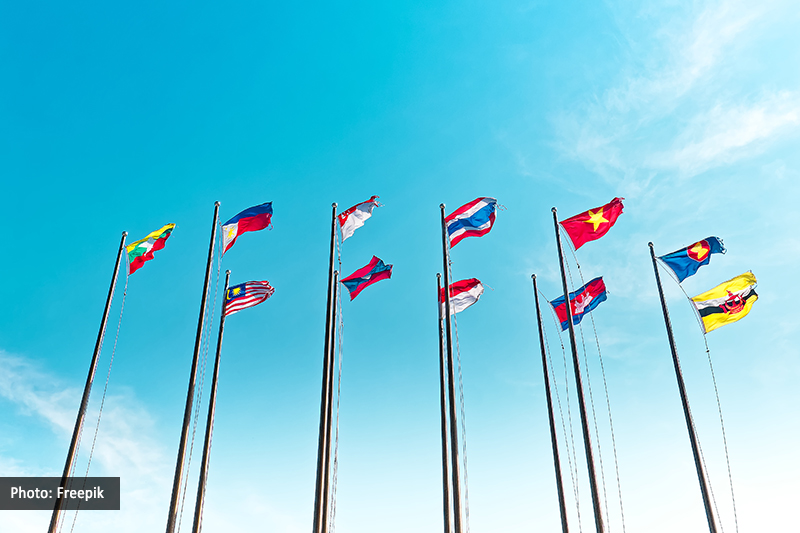
The Philippines can maximize the benefits of the Regional Comprehensive Economic Partnership (RCEP) for services trade by improving domestic regulations, developing the country’s infrastructure, and pursuing capacity building.
This was emphasized by experts in a recent webinar organized by the state think tank Philippine Institute of Development Studies (PIDS).
The webinar featured two studies on RCEP, namely "Opportunities for the Philippines under RCEP: Trade in Services" by PIDS consultants John Paolo Rivera and Tereso Tullao Jr. and "Analysis of the Readiness of the Philippine Tourism Enterprises for Trade Liberalization in Asia-Pacific" by PIDS consultants Marie Jel Bautista, Eylla Laire Gutierrez, and John Paolo Rivera.
Tullao, who presented the first study, examined how the RCEP's commitments can enhance the contributions of services trade to the Philippine economy.
He said the RCEP—currently the world’s largest free trade agreement—helps boost the Philippines’ position as a key global service provider. "The partnership can provide Filipinos with additional opportunities to generate income by providing business and professional services to ASEAN and non-ASEAN signatory economies," he explained.
He noted that the country needs to liberalize and reform the economy to maximize the benefits of RCEP, particularly industries such as airports, railways, shipping, and telecommunications. Nevertheless, he acknowledged that this had been partially addressed by the amendments to the Public Service Act that now permit full foreign ownership in these industries.
Bautista, who presented the second study, concurred that regional trade agreements such as RCEP and the Comprehensive and Progressive Agreement for Trans-Pacific Partnership would boost the tourism industry and the economy.
Their study found that much of the tourism industry is unprepared for a liberalized market and increased competition. However, this can be viewed as a motivation to upgrade and elevate the quality of goods and services, according to Bautista.
She added that local stakeholders could better understand and prepare for trade liberalization with proper communication of its impacts and benefits.
“What concepts encompass trade liberalization and what they could gain from it is necessary for them to understand their involvement and how they can make the most out of it at the community level,” she said.
Bautista also recommended investing in the local tourism industry's infrastructure and capacitating tourism operators to provide visitors with an experience that exceeds their expectations.
Watch the webinar at https://fb.watch/khGgIsnstv/ or https://youtu.be/hXYW1cD43GM.
For more videos of PIDS events, go to https://www.pids.gov.ph/videos. ###


